Podcast: Play in new window | Download (Duration: 42:26 — 29.2MB) | Embed
Subscribe: Apple Podcasts | Spotify | Amazon Music | Android | Pandora | iHeartRadio | JioSaavn | Podchaser | Gaana | Podcast Index | Email | TuneIn | Deezer | Anghami | RSS | More
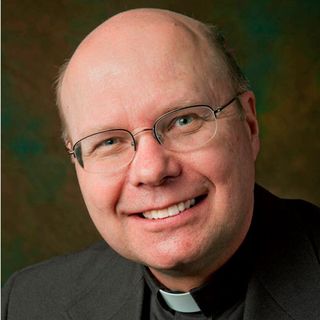
A Year of Daily Offerings by Fr. James Kubicki, S.J. on Inside the Pages with Kris McGregor
In this episode of “Inside the Pages”, Fr. James Kubicki discusses his book, A Year of Daily Offerings: Giving Your Life to God One Day at a Time, which encourages believers to begin each day with a prayer of offering and reflect on how to live out the Eucharist in daily life.
Prayer is a response to God’s love and presence, which always comes first. Through brief reflections inspired by saints’ lives and writings, the book helps individuals integrate spiritual practices like discernment and examination, fostering a deeper relationship with Christ.
With challenges posed by modern distractions like technology, we must use discipline to prioritize spiritual growth, sacraments, especially the Eucharist and Confession, and the communal aspect of faith; rooted in the “communion of saints.”
This book provides practical, concise reflections to fit into busy schedules, serving as both a standalone spiritual tool and a complement to other devotions.
You can find the book here.
Discerning Hearts Reflection Questions:
- Daily Offering Practice
How can I incorporate a daily offering prayer into my routine to dedicate my actions to God? - Responding to God’s Love
In what ways can I better recognize and respond to God’s love in my life? - Learning from the Saints
What aspects of a particular saint’s life inspire me to deepen my relationship with God? - Evening Reflection
How can I review my day to see where I encountered God and how I responded to His presence? - Discerning God’s Presence
Am I attentive to the movements of the Holy Spirit and the challenges God places before me throughout the day? - Managing Modern Distractions
What steps can I take to reduce distractions from technology and create more space for prayer? - Living the Eucharist
How can I make my daily life a reflection of the love and sacrifice I celebrate in the Eucharist? - Sacramental Life
How do regular participation in the sacraments, especially Confession and the Eucharist, shape my spiritual journey? - Building Spiritual Discipline
What practical changes can I make to develop a more disciplined and consistent prayer life? - Communion and Community
How can I better embrace the communal aspect of my faith, both in the Church and in my personal relationships?
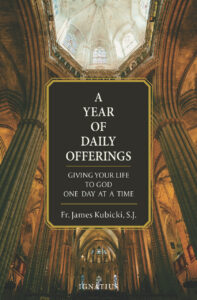 From the book’s description:
From the book’s description:
“A daily offering of one’s life to God is an indispensable practice for every serious Catholic. In this book, Fr. James Kubicki, S.J., a longtime spiritual guide on Relevant Radio, presents a 366-day experience of morning offerings for busy laypeople. This rich array of reflections, based on the liturgical calendar and inspired by Ignatian spirituality, will help you develop—or reinvigorate—the habit of beginning each day by sincerely offering it to Christ.
For each day of the year, Fr. Kubicki offers a meditation based on the saint of the day or liturgical calendar, an offering prayer, and a “Daily Word” to help you recall the offering throughout the day. Each day concludes with a review question, based on the daily theme, inviting you to make an Examen.
Making and living a daily offering, uniting our everyday experience with the life of Christ—in imitation of the Blessed Virgin Mary—can help strengthen each of us to take up his daily cross and live a Eucharistic life.”
About the Author
Fr. James Kubicki, S.J., was ordained a Jesuit priest in 1983. He was the national director of the Apostleship of Prayer from 2003 to 2017. He currently leads retreats and parish missions while serving as a spiritual director at St. Francis de Sales Seminary in the Archdiocese of Milwaukee.


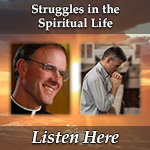
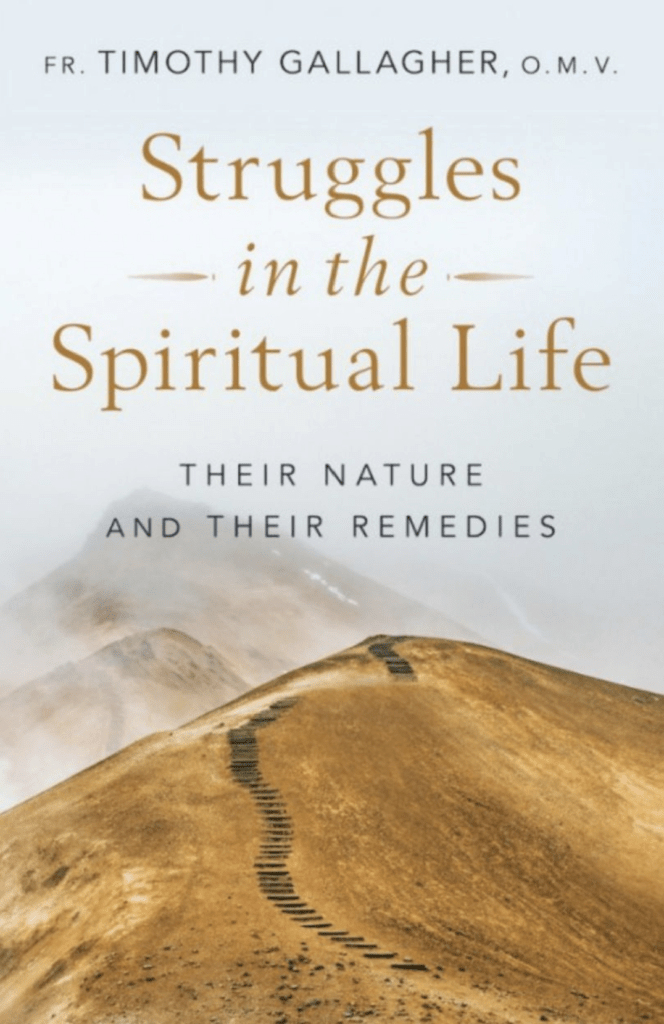


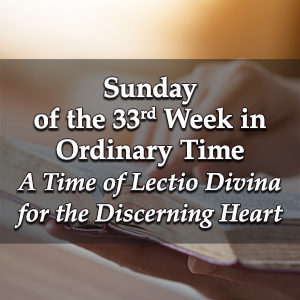 Sunday of the Thirty-Third Week in Ordinary Time – A Time of Lectio Divina for the Discerning Heart Podcast
Sunday of the Thirty-Third Week in Ordinary Time – A Time of Lectio Divina for the Discerning Heart Podcast

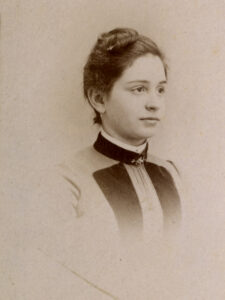


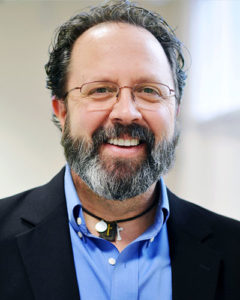
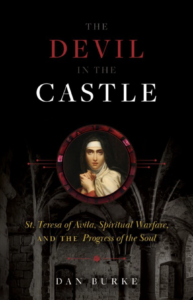

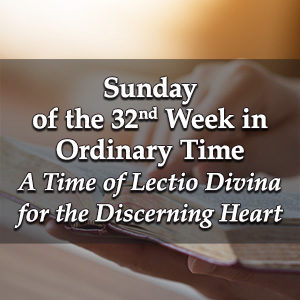 Sunday of the Thirty-Second Week in Ordinary Time – A Time of Lectio Divina for the Discerning Heart Podcast
Sunday of the Thirty-Second Week in Ordinary Time – A Time of Lectio Divina for the Discerning Heart Podcast